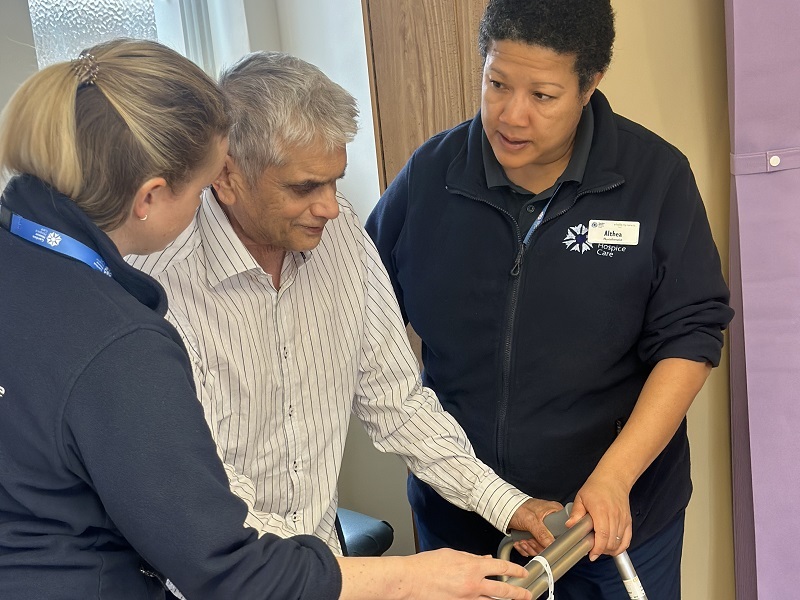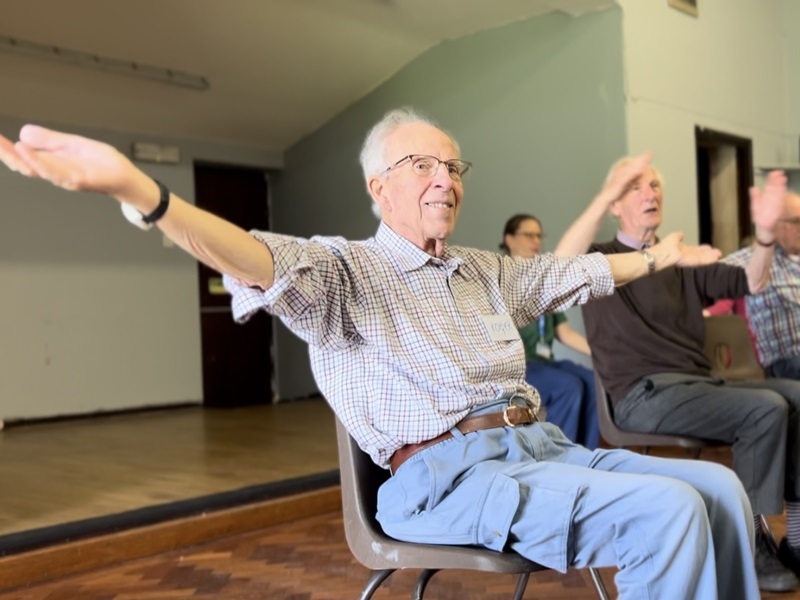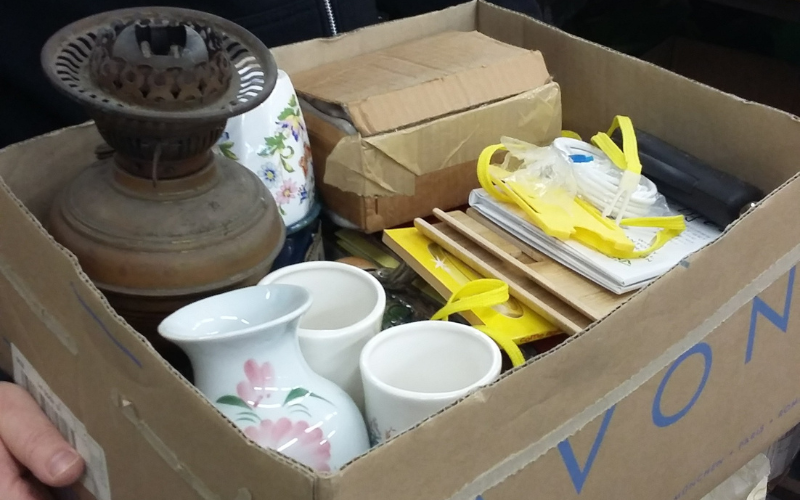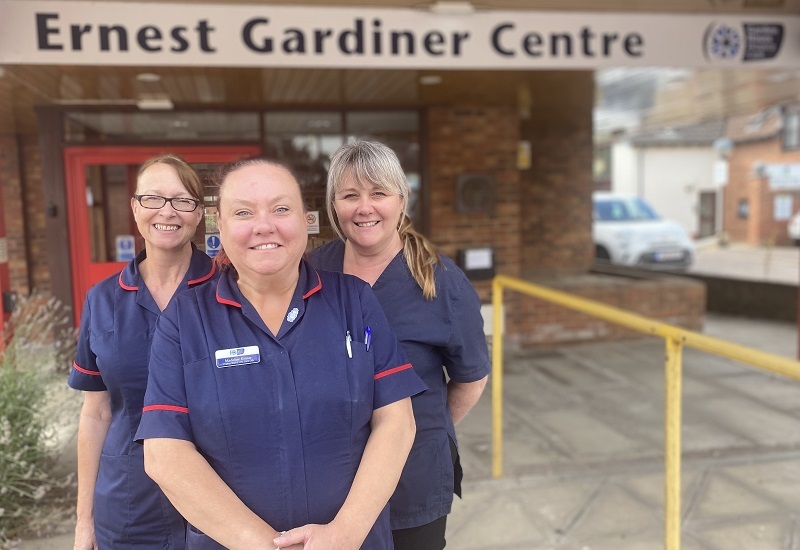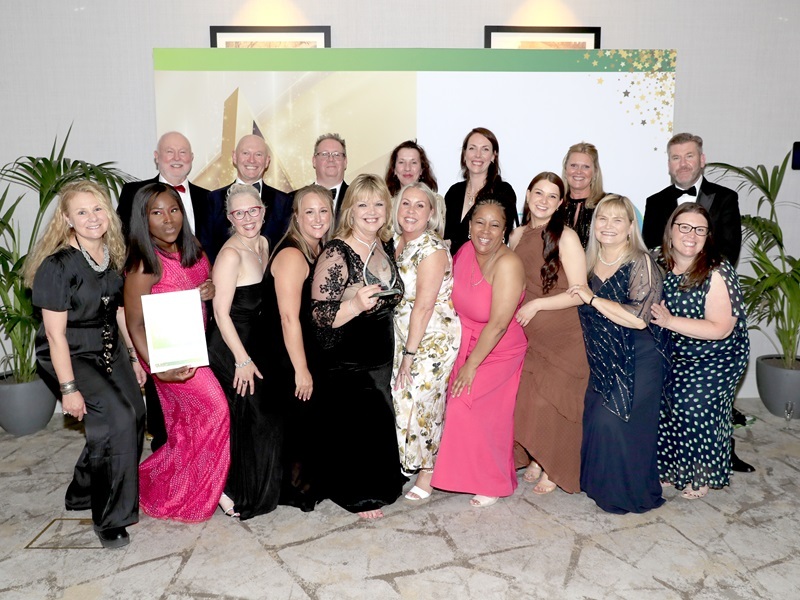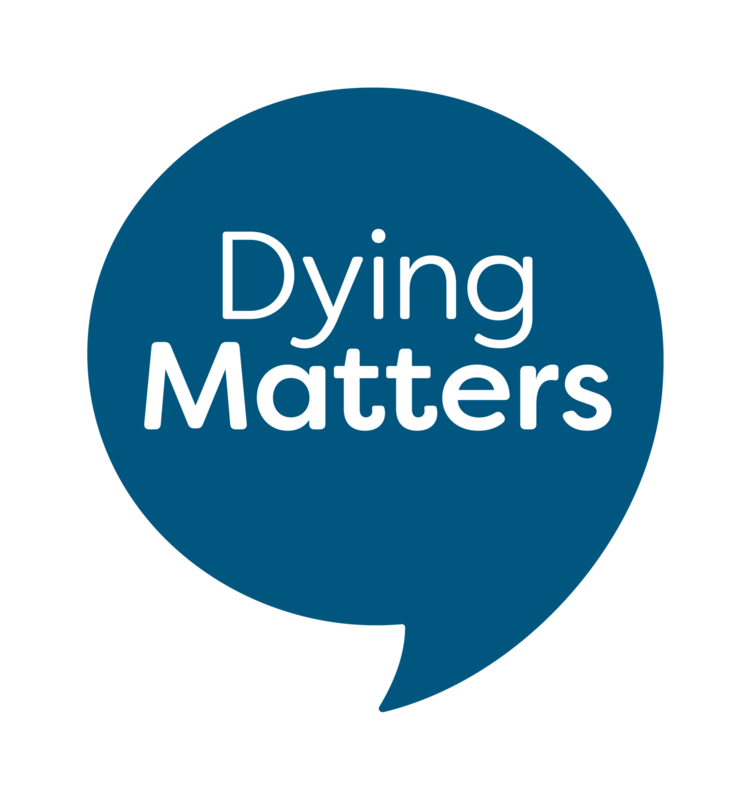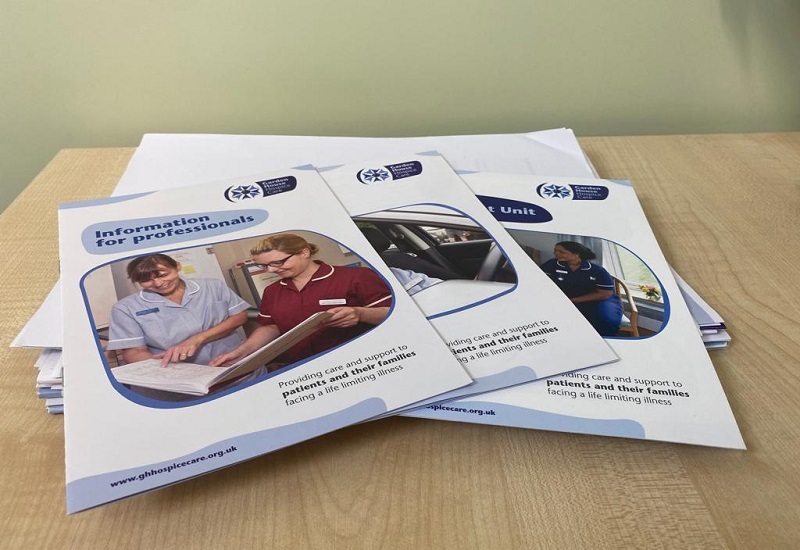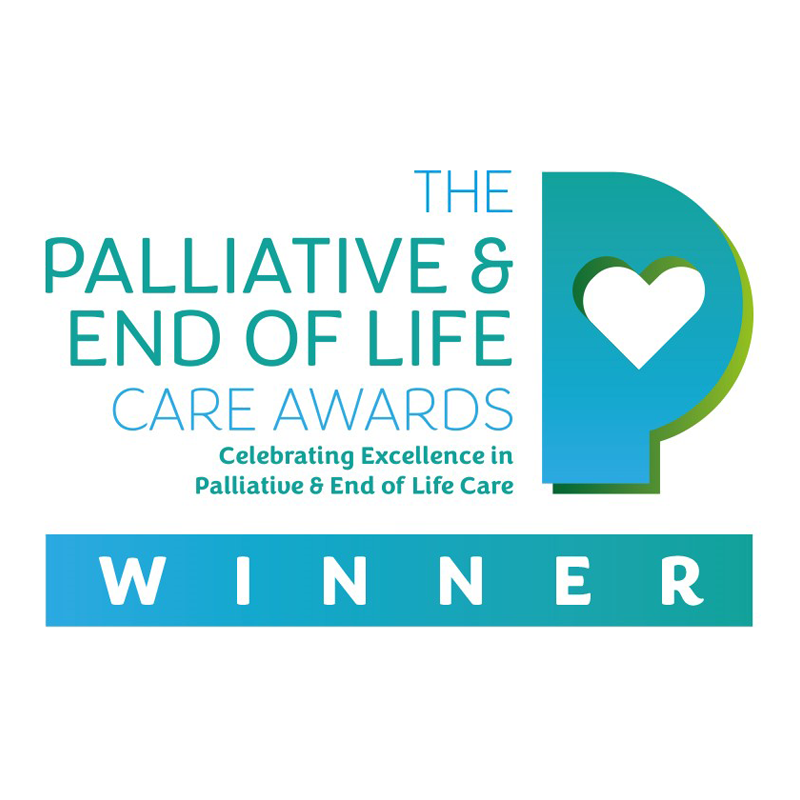
The way we talk about Dying Matters
Earlier this week, we caught up with Liz Pybus, our Family Support Services Manager at the Hospice to discuss this year's Dying Matters Awareness Week theme, 'The way we talk about dying matters'.
Liz and her team specialise in emotional, psychological and spiritual wellbeing at the Hospice, supporting patients and their loved ones through pre- and post-bereavement.
"As humans we are as unique emotionally as we are physically, so conversations will be different for everyone - there is no right or wrong way to do it. My role at the Hospice is about creating a safe space to be part of the client's world, walking alongside patients and their families to normalise and validate their feelings and reactions to death and dying. It's important to keep the thoughts and feelings of the person you are supporting in the centre of conversations, exploring their hopes and fears to empower each individual to do what's right for them. Actively listening is most often what is required.
"Whether you have received a palliative or long term diagnosis, are someone who is affected by another's illness or are in the peak of health, discussing your bucket list or having a conversation around what song you'd like at your funeral and what you would like to leave as lasting memories - talking about death and dying is important for you and those around you too. It doesn't have to have a negative connotation, it can actually help you live a better life and the earlier you start the conversation the easier it is."
Do you have any tips on how to start the conversation?
"It takes courage to talk about death and dying for the first time and it's important to find a trusted person to have the conversation with, to be direct, honest and to listen as well as to share - someone who is courageous like you.
"Talking about death can be scary whether you're living with a diagnosis or not. It's important to take the time and to share your feelings in an open and honest way whether that's face to face, on the phone or written in a letter. Use definitive language - euphemisms are not as helpful as you might think. Use terms such as death, dying and died rather than passed away, lost, gone to sleep.
Where do you take inspiration from in your role?
"One of my favourite books is 'The Boy, the Mole, the Fox and the Horse' by Charlie Mackesy. Whether you're 4 or 104, it's a beautiful story that has meaning at any age. My favourite quote is:
"What is the bravest thing you've ever said- asked the boy.
"Help." said the horse.
"Asking for help isn't giving up," said the horse. "It's refusing to give up."
The simplicity and honesty of Charlie's book is beautiful, it is a mini course in being a human through the pure eyes of a child - and being human includes death and dying."
What would you say to anyone reading this?
"Life is for living. Whether it's weeks, months or years. Talking about death is so positive and can actually help you to live. So often we are in tune with our bodies, if something has changed or feels different, we will go to the doctors for support and advice. This should be no different when it comes to our mind and emotions. Don't leave having the conversation until it's too late.
"Do something brave today and talk about death and dying."
Liz and the Family Support Services team support hundreds of people each year in our community, with an increase in referrals of 74% from last year alone.
Heartfelt thanks to Liz, Nadine, Karen, Jenny and their team of volunteers for supporting our patients and their loved ones 365 days a year.

